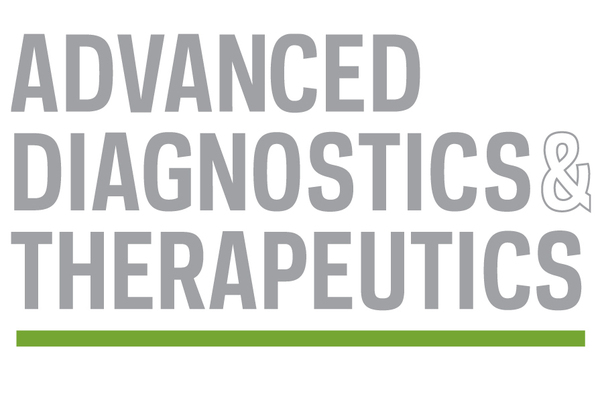
Two Notre Dame graduate students, Nameera Baig and Nur Mustafaoglu, have been awarded the 2016 Berry Family Foundation Graduate Fellowships in Advanced Diagnostics & Therapeutics for their innovative research in tracking and treating disease.

Baig, a PhD candidate in the Department of Chemistry and Biochemistry, is working to understand biofilms of the pathogenic bacterium Pseudomonas aeruginosa. Biofilms are formed when bacteria aggregate together and cover themselves in a protective coating, making them resistant both to the body’s natural defenses and medical treatments. The biofilms associated with P. aeruginosa are known to cause persistent and chronic infections in immune-compromised patients afflicted with diseases such as cystic fibrosis and HIV AIDS, often leading to a high rate of mortality and morbidity. The goal of Baig and her collaborators at Notre Dame and the University of Illinois is to use a powerful imaging platform to study the formation and growth of these biofilm communities at the molecular level, which is key to understanding their progression, virulence, and antibiotic resistance.

Mustafaoglu, a PhD candidate in Chemical and Biomolecular Engineering, designs and fabricates extremely small particles, known as “antibody functionalized nanoparticles,” that have, in recent years, been adapted to a wide range of biomedical applications. In this case, Mustafaoglu aims to use these products of advanced bioengineering to tackle a world-wide problem: the early and accurate detection of malaria. The new diagnostic technologies she is developing take advantage of the fact that the nanoparticles can be designed in a way that allows them to bind with proteins from the microorganism that causes malaria, if and it is present. This approach may lead to low-cost, efficient, and rapid detection and surveillance methods that can be used in resource-poor areas.
“We are happy to be supporting the work of these outstanding young scientists,” said Paul Bohn, director of the Advanced Diagnostics & Therapeutics initiative, “which could lead to new diagnostic tools and treatments for a range of harmful and costly diseases.”
“We are also grateful to the Berry Family Foundation for their continued commitment to research at Notre Dame,” he added.
The Berry Family Foundation Graduate Fellowships include a full year of graduate stipend support and valuable opportunities to collaborate with clinical partners through AD&T’s Precision Medicine program.
For more information, please contact Arnie Phifer at 574-631-3057 or aphifer@nd.edu.
Originally published by Arnie Phifer at advanceddiagnostics.nd.edu on July 06, 2016.